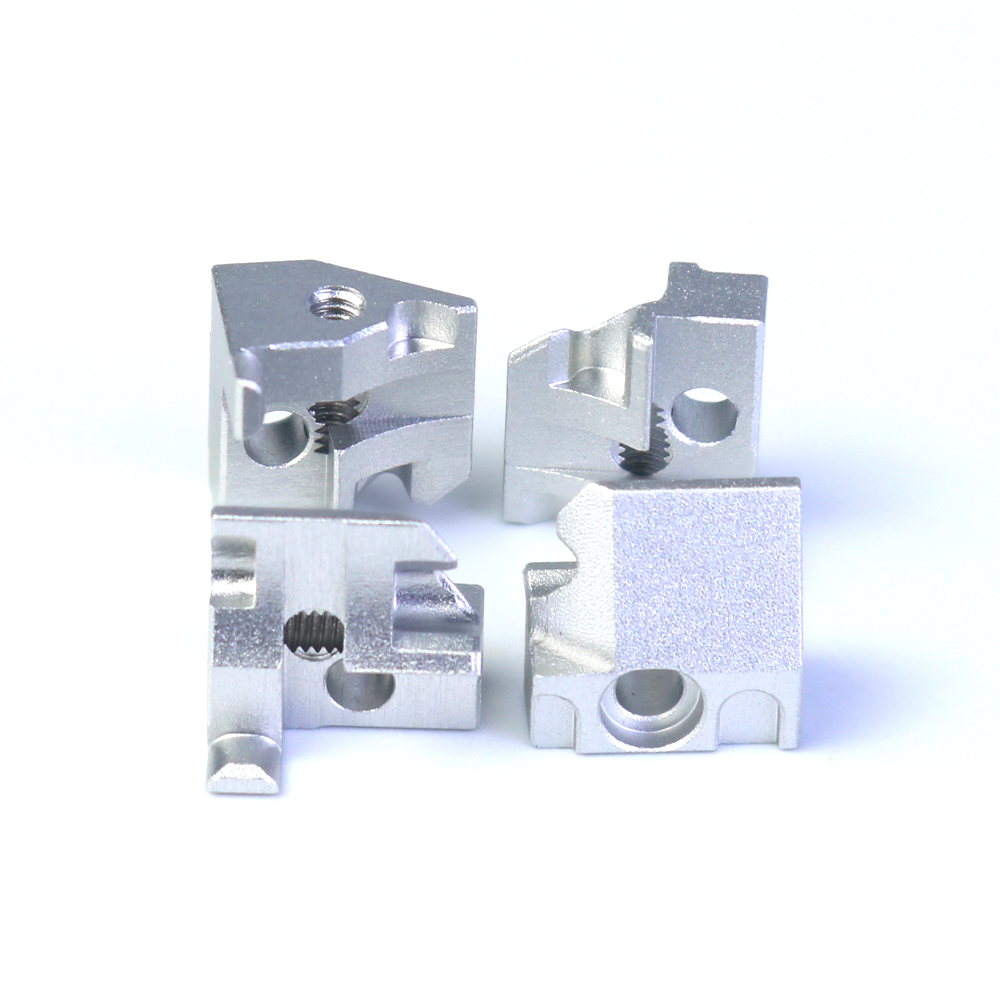The Backbone of Modern Manufacturing: Unveiling the Technologies Driving Industry 4.0

As industries worldwide embrace rapid innovation and digital transformation, one truth has become clear: the backbone of modern manufacturing is built on cutting-edge technologies and processes that seamlessly integrate precision, efficiency, and sustainability. From automation and robotics to advanced machining techniques, the pillars of today’s manufacturing landscape are reshaping how products are designed, created, and delivered.
The Evolution of Modern Manufacturing
Gone are the days of manual assembly lines dominated by human labor. The manufacturing industry has undergone a dramatic shift, evolving from mechanized production to the era of Industry 4.0—a blend of automation, connectivity, and data-driven intelligence.
At the heart of this transformation lies an ecosystem of innovative tools and techniques, including CNC machining, robotics, artificial intelligence (AI), and additive manufacturing (3D printing). These advancements have not only enhanced productivity but also set new benchmarks for precision and quality.
Technologies Shaping Modern Manufacturing
1. CNC Machining: The Precision Powerhouse
CNC (Computer Numerical Control) machining has become the gold standard for manufacturing precision components. Whether crafting aerospace turbine blades or medical implants, CNC machines deliver unmatched accuracy, repeatability, and scalability.
The versatility of CNC technology allows manufacturers to work with a wide range of materials, from metals like titanium and aluminum to advanced polymers and composites. Its ability to produce complex geometries with micron-level tolerances makes it indispensable across industries such as aerospace, automotive, electronics, and healthcare.
2. Robotics and Automation
Robots are revolutionizing factory floors by taking on repetitive and hazardous tasks with speed and consistency. Automation ensures higher throughput, reduced errors, and lower operational costs, all while freeing up human workers for more creative and strategic roles.
For example, collaborative robots (cobots) work alongside humans in tasks requiring precision, such as assembling electronic devices or inspecting components for defects.
3. Additive Manufacturing: The New Frontier
Additive manufacturing, or 3D printing, is breaking barriers by enabling rapid prototyping and production of highly customized parts. Unlike traditional subtractive processes, additive manufacturing builds parts layer by layer, minimizing material waste and allowing for intricate designs.
From lightweight structures for aerospace to bespoke medical devices, additive manufacturing is unlocking possibilities previously deemed unattainable.
4. Artificial Intelligence and Machine Learning
AI and machine learning are transforming how manufacturers optimize processes, predict maintenance needs, and improve product quality. By analyzing vast amounts of data in real time, AI-powered systems enable predictive maintenance, reducing downtime and enhancing operational efficiency.
AI also facilitates design automation, allowing engineers to create optimized product designs that balance strength, weight, and material usage.
5. IoT-Driven Smart Factories
The Internet of Things (IoT) connects machines, sensors, and systems, creating a seamless network of communication across manufacturing facilities. These smart factories provide real-time insights into production processes, enabling swift decision-making and proactive troubleshooting.
IoT technologies also enhance supply chain visibility, ensuring better coordination and reducing delays.
Why These Technologies Are the Backbone of Modern Manufacturing
1. Enhanced Precision and Quality
The integration of advanced technologies ensures that components meet stringent quality standards. Whether it’s a medical implant or an aerospace turbine, precision is non-negotiable, and modern manufacturing delivers on this promise.
2. Increased Efficiency and Scalability
Automation, robotics, and data-driven intelligence streamline production workflows, reducing time-to-market and scaling operations to meet global demands.
3. Sustainability at the Core
With a growing emphasis on eco-friendly practices, modern manufacturing minimizes waste, optimizes energy consumption, and utilizes recyclable materials, contributing to a greener future.
4. Customization for the Modern Consumer
The ability to create tailored products quickly and cost-effectively has redefined customer expectations. From personalized medical devices to custom-fit automotive parts, the modern manufacturing backbone caters to diverse and dynamic needs.
Industries Transformed by Modern Manufacturing
1. Aerospace and Defense
Precision and reliability are critical in aerospace, where modern manufacturing produces components capable of withstanding extreme conditions. Advanced machining techniques and lightweight materials ensure efficiency and safety in aircraft and spacecraft.
2. Automotive
The shift toward electric vehicles (EVs) has driven innovation in automotive manufacturing. Modern technologies are crafting lightweight, high-performance components essential for enhancing vehicle range and efficiency.
3. Healthcare
From customized prosthetics to intricate surgical tools, modern manufacturing is driving breakthroughs in healthcare. Precision machining and additive manufacturing enable the production of biocompatible, patient-specific solutions.
4. Consumer Electronics
Miniaturization and precision are critical in electronics. Modern manufacturing supports the creation of compact, high-performance devices with intricate designs and reliable functionality.
The Future of Modern Manufacturing
As industries continue to innovate, the backbone of manufacturing will grow even stronger. Emerging technologies like quantum computing, advanced robotics, and bio-manufacturing are poised to take manufacturing to unprecedented heights.
Furthermore, the focus on sustainability will drive the adoption of greener technologies, such as renewable energy-powered factories and closed-loop recycling systems, ensuring that manufacturing evolves in harmony with environmental needs.
Conclusion: Building the Future with a Solid Backbone
Modern manufacturing is more than just a process—it’s the foundation of progress, enabling industries to innovate, scale, and adapt to a rapidly changing world. By leveraging precision CNC machining, robotics, AI, and other transformative technologies, manufacturers are shaping a future defined by efficiency, customization, and sustainability.
As the backbone of modern manufacturing grows stronger, its impact will continue to resonate across industries, powering advancements that were once thought impossible. From the smallest microchip to the largest aerospace structures, the technologies at the core of today’s manufacturing are paving the way for a smarter, more sustainable tomorrow.


